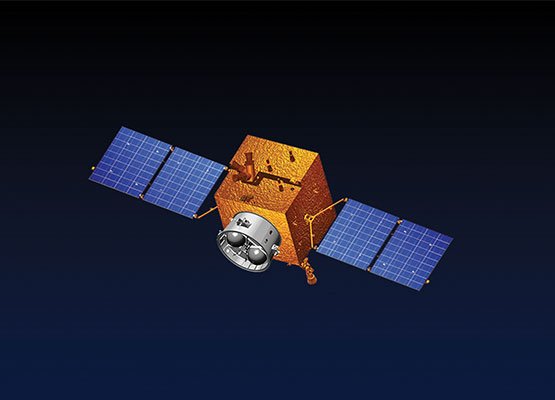Pakistan is set to take a significant step forward in its space ambitions with the upcoming launch of a new remote-sensing satellite on July 31. The satellite will be launched from China’s Xichang Satellite Launch Center, under the supervision of the Pakistan Space and Upper Atmosphere Research Commission (SUPARCO).
Designed to strengthen Pakistan’s Earth observation capabilities, the new satellite will provide vital data for multiple sectors, including agriculture, urban development, disaster management, and environmental monitoring. It will play a crucial role in tracking natural changes such as melting glaciers, deforestation, and other environmental shifts, helping policymakers and researchers make informed decisions.
The launch is part of SUPARCO’s broader Vision 2047, a strategic roadmap to develop a self-reliant and advanced national space program. This new addition will complement existing satellites like PRSS-1 and PakTES-1A (EO-1), further advancing the goals outlined in Pakistan’s National Space Policy.
By enhancing its satellite fleet, Pakistan aims to reduce dependency on foreign data, improve national planning and response efforts, and foster domestic innovation in space science and technology.
This launch marks another major milestone for Pakistan’s growing space program and highlights the increasing importance of space-based technologies in addressing national challenges and preparing for the future.




